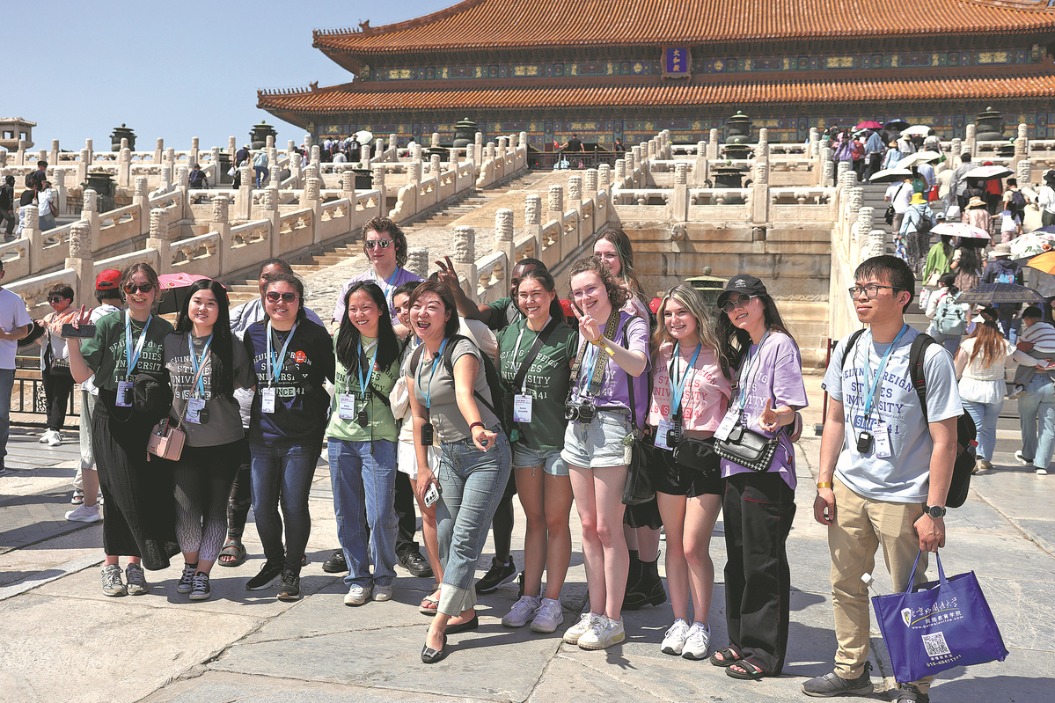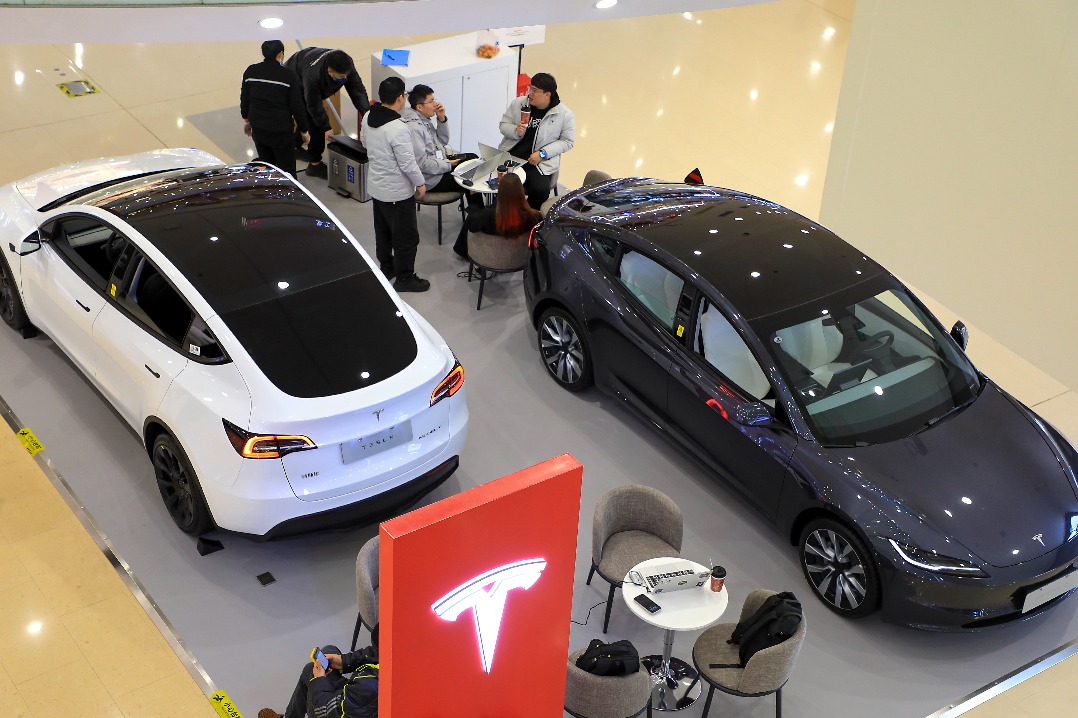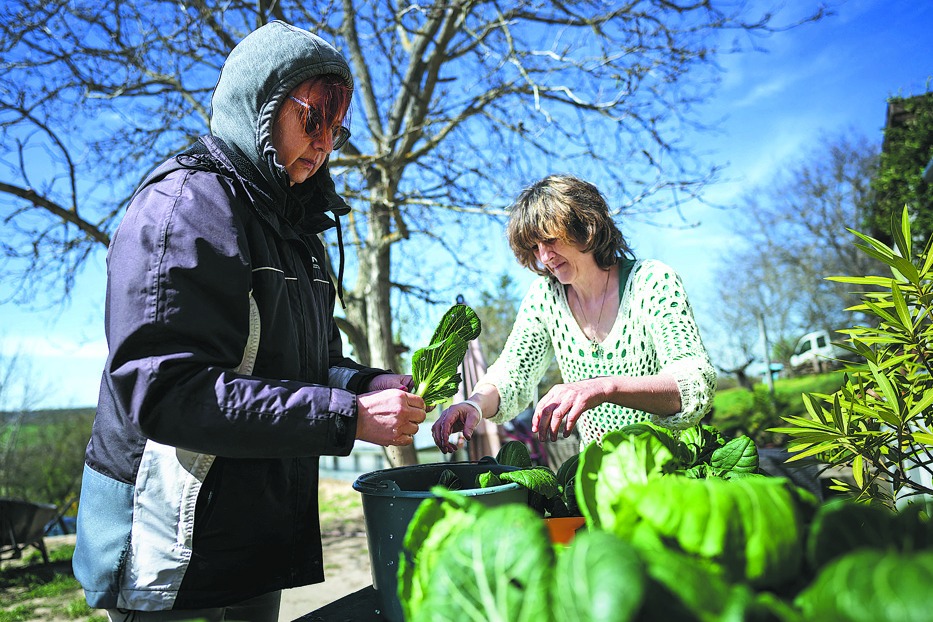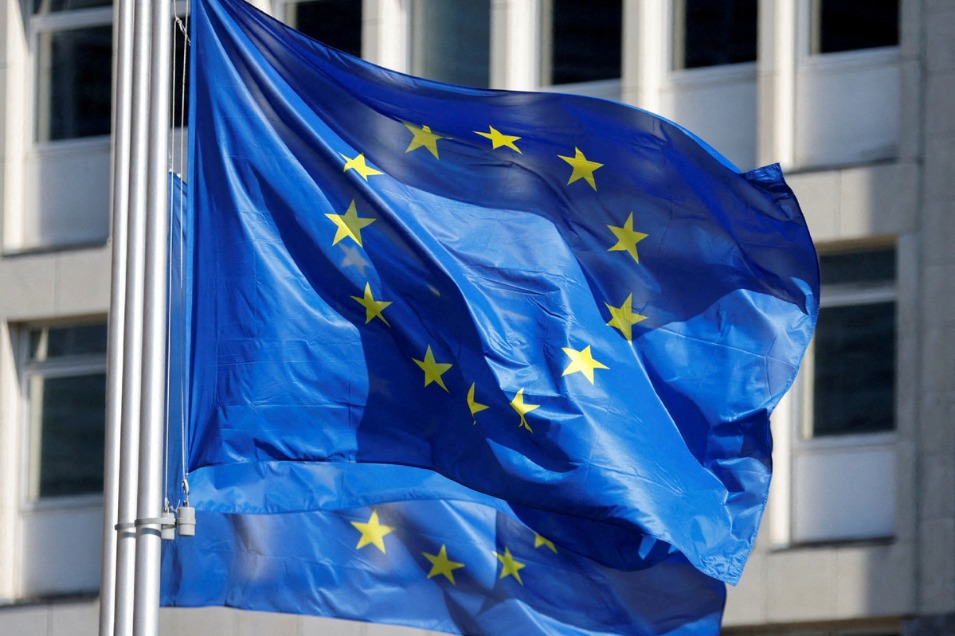Gene editing experiment generates controversy
By WANG XIAODONG in Beijing and DARA WANG in Hong Kong | chinadaily.com.cn | Updated: 2018-11-26 18:29
The fear of opening "Pandora's Box"
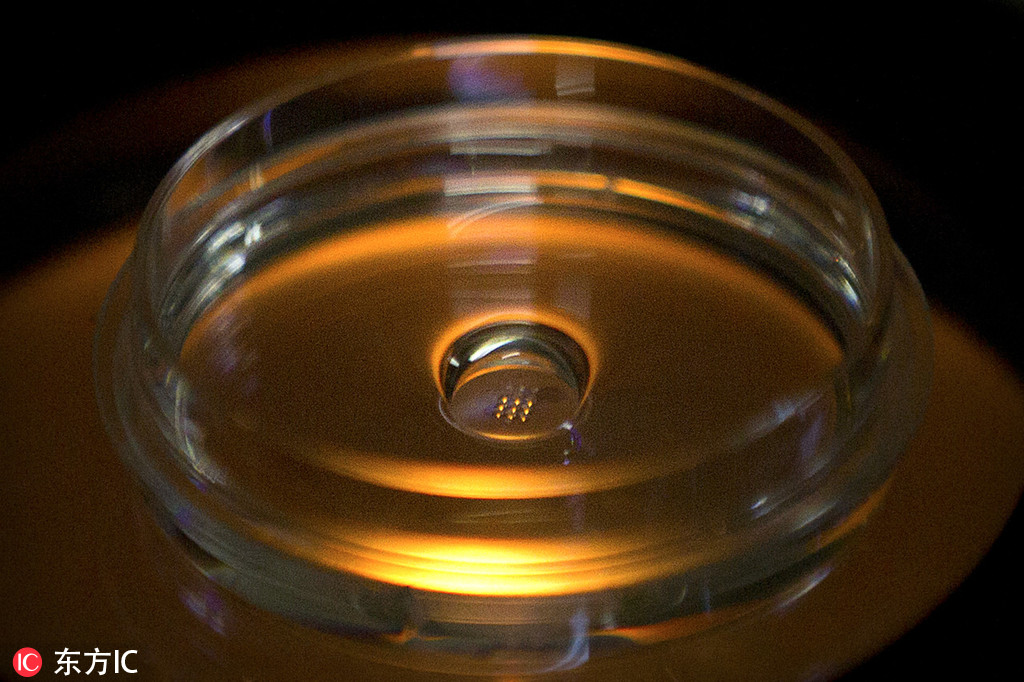
On Monday, more than 120 scholars from prestigious universities and institutes from China and abroad, such as Tsinghua University and the Massachusetts Institute of Technology, strongly condemned the research in a signed statement, saying the "research" lacks effective ethics inspection, and it amounts to human experimentation, which is "crazy".
In the statement, published on Sina Weibo, the Chinese equivalent of Twitter, the scientists said any attempt to make changes to human embryos with genetic editing and give birth to such babies entails high risk, due to inaccuracies in existing genetic editing technologies.
"Scientists all over the world dare not make such attempts due to the huge risks and more importantly, ethics," the statement said.
Once a living human is produced in this way, his or her genes will be mixed with human genes of others, and no one can foresee the consequences, it said.
"The government must make quick legislative moves to strictly supervise such research," it said. "The Pandora's Box has been opened, and we may still have a chance of closing it before it is too late."
Wu Zunyou, chief epidemiologist at the Chinese Center for Disease Control and Prevention, said he was astounded to hear of the birth of twins with edited genes.
"Genetic editing technology is far from mature and could have unforeseen consequences on the subjects," he told China Daily. "It is improper to do such research on humans."
Right now there are some researchers trying to use genetic editing technology to treat people infected with HIV, so the virus will not duplicate and transmit to others, he said.
"But the research is still confined to labs," he said. "Animal experiments should be done to assess both gains and risks for the subjects, before the possibility of application to humans."
Some scientists attending the summit in Hong Kong on Tuesday think it could introduce serious problems to the human immune system, while others think people should not be overly concerned or frightened as it would not affect the core genome, and families of HIV patients could benefit from it, if the test is true and successful.
Tsui Lap-chee, president of the Academy of Sciences of Hong Kong, said a lot of issues may occur in gene editing. If one gene is edited, it will affect others that interact with it. And the whole genome, a collection of genes, may also be affected.
"As genes play a role in the immune system, if you take away a certain gene, maybe the immune system is compromised," explained Robin Lovell-Badge, group leader and head of the Division of Stem Cell Biology and Developmental Genetics at the Francis Crick Institute.
Though people are immune to certain diseases, saying they have the ability to resist the AIDS virus, there are perhaps other diseases that people are more susceptible to, Lovell-Badge said.
However, Lovell-Badge said, "Gene editing is not something to be afraid of", adding that he doesn't think what He has done will affect the core human genome. As for side effects, they may not be very serious, as there are millions of people having the exact same mutation living healthily.
"Gene editing is something we need to think deeply about what should be committed to and what should not," he said. "How to regulate the work really matters."
Zhou Mo in Shenzhen contributed to this story.





